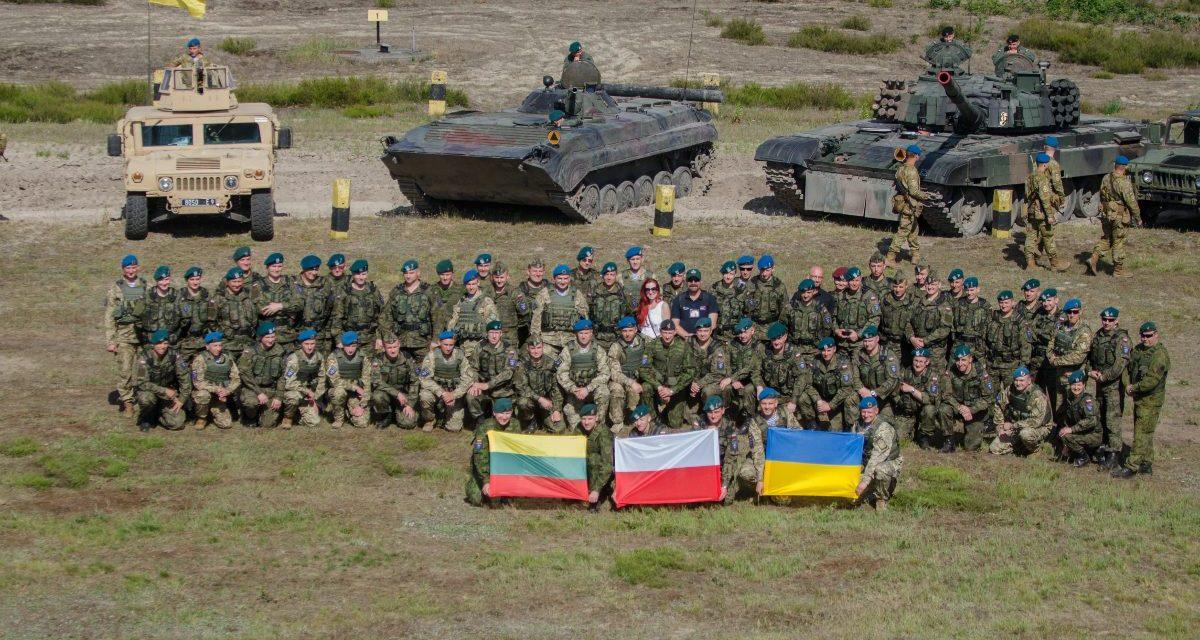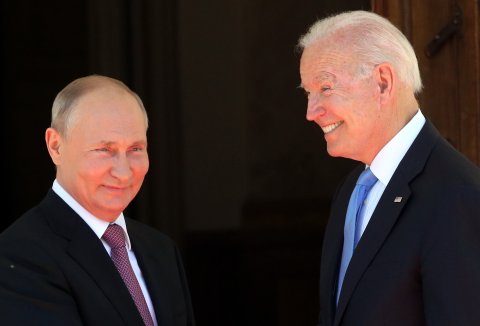David Hutt

To repeat a cliche, U.S. President Joe Biden has turned America’s decades-old policy of “strategic ambiguity” over whether it would defend Taiwan in the event of a Chinese invasion into one of “strategic unambiguity.” He has said on several occasions that the U.S. would, in fact, militarily come to Taiwan’s defense. He was asked the same question earlier this month. He replied: “Yes, if in fact there was an unprecedented attack.”
The German Marshall Fund’s latest Transatlantic Trends survey, released on Thursday, makes for depressing reading if you’re sitting in the Oval Office, and especially if you’re sitting in Taipei. Amongst the 14 Western countries surveyed, the clear preferred option in the event of a Chinese invasion of Taiwan was diplomacy and sanctions. An average of 35 percent of respondents support their countries only taking diplomatic measures; 32 percent want joint economic sanctions.
And here’s the kicker: Just 4 percent would support their government sending arms or troops to Taiwan. And 12 percent want their country to take no action. In fact, some 15 percent of U.S. respondents favored no action if China invaded Taiwan, as did 14 percent of French, a tenth of Germans and 8 percent of Britons. On average across the major European states, only 1-2 percent of respondents want to send troops to Taiwan in the event of an invasion. Some 3 percent of Britons and 7 percent of Americans favor this. Only a slightly higher percentage want their governments to send arms to Taiwan: 3 percent of Germans and French; 5 percent of Britons, and 8 percent of Americans.







:quality(100)/cloudfront-us-east-1.images.arcpublishing.com/thesummit/YVU5OQV7XBAXFPKHHZUTL4JMXE.jpg)

:quality(100)/cloudfront-us-east-1.images.arcpublishing.com/thesummit/RMZNO36CKJE2ROZVUL5V7IUXAY.jpg)





